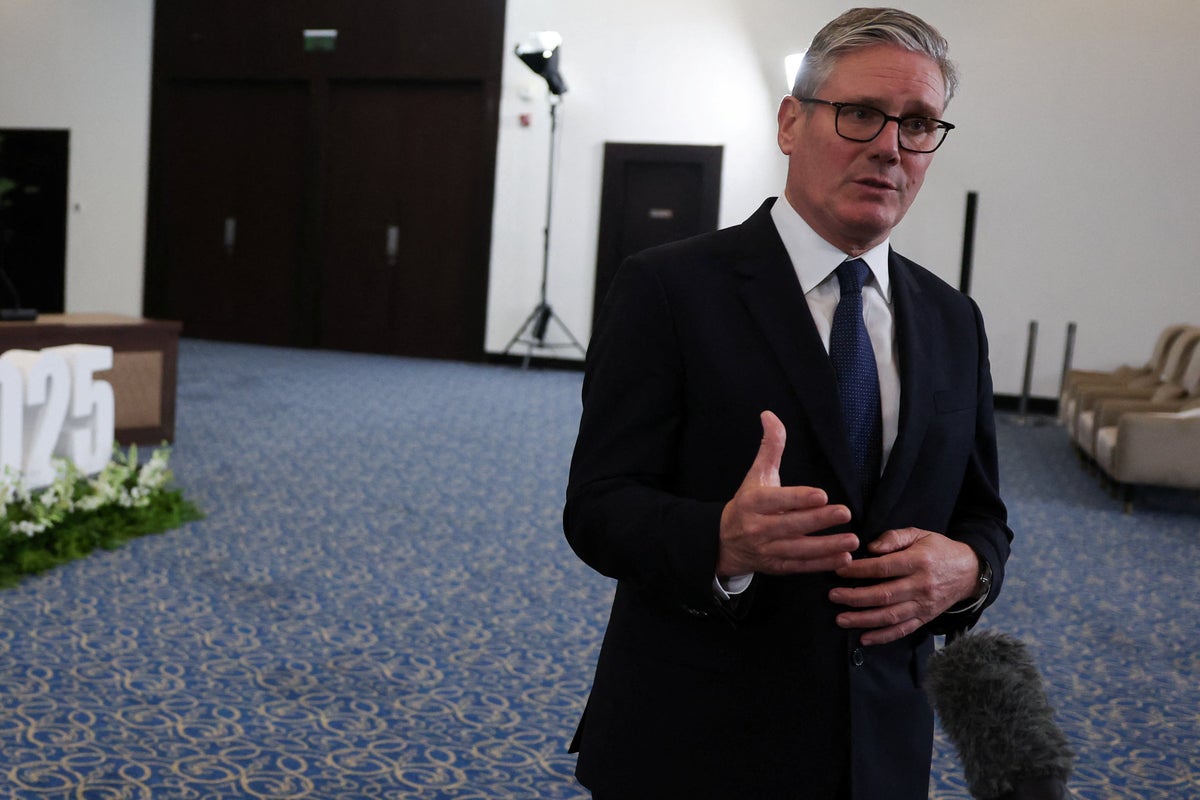
Downing Street and the Crown Prosecution Service have clashed over the release of evidence said to be vital to explaining why the China spy case collapsed.
Cabinet Secretary Chris Wormald is understood to have been prepared to publish a Government witness statement central to the withdrawal of espionage charges against two men accused of spying for Beijing in Parliament.
However, lawyers in the Crown Prosecution Service (CPS) were said to have blocked the move.
But the CPS hit back, and insisted it was entirely up to the Government to release the evidence if it wanted to.
The opposing statements over the evidence are the second time ministers and the CPS have been at odds over the China spy case, and place further pressure on Sir Keir Starmer over the debacle ahead of Prime Minister’s Questions on Wednesday.
Sources within the Government had claimed the Cabinet Secretary – the country’s most senior civil servant – had gone to the CPS to discuss the publication of the witness statement by Matthew Collins, the deputy national security adviser.
It was that statement the CPS deemed did not meet the threshold for proceeding with the trial of the two alleged Chinese spies because it did not show China posed a threat to national security at the time the alleged offences occurred.
Prosecutors concluded during their meeting with Civil Service chief Mr Wormald that publishing the evidence outside of a courtroom would be “inappropriate”, senior sources said.
But a CPS spokesperson denied the Government’s claims.
“The statements were provided to us for the purpose of criminal proceedings which are now over,” they said.
The spokesperson added: “The material contained in them is not ours, and it is a matter for the Government, independently of the CPS, to consider whether or not to make that material public.”
Sources within the agency said ministers would be free to release the statement, as it was made on behalf of the Government.
The Government faces continued pressure over its handling of the collapsed trial of Christopher Cash, a former parliamentary researcher, and Christopher Berry, a teacher.
Both men, who deny wrongdoing, had been accused of passing secrets to China, but charges against them were dropped last month.
Sir Keir has heaped praise on deputy national security adviser Mr Collins, amid accusations he was being thrown under the bus for providing the Government’s evidence in the case.
Mr Collins’ name was mentioned in the Commons by security minister Dan Jarvis on Monday, sparking criticism from the Tories that the Government was initiating a blame game.
According to a readout, Sir Keir told his Cabinet on Tuesday “that anyone who had met the deputy national security adviser, Matthew Collins, will know he faithfully carries out his job”.
His spokesman also told reporters: “The deputy national security adviser is a highly respected securocrat.
“He’s got unparalleled experience in working across the national security community to keep the UK safe, secure and prosperous.
“He obviously provided evidence to help support the prosecution case.
“But of course, all of the evidence provided by him was based on the law at the time of the offence and the policy position of the government at the time of the offence.”
England’s chief prosecutor Stephen Parkinson previously blamed the Government for failing to provide evidence that would support the assertion that China represented a threat to national security.
Senior Conservatives, shadow home secretary Chris Philp and shadow Cabinet Office minister Alex Burghart, have asked Mr Parkinson if the trial could be resumed if the Government declares Beijing is a threat to national security.
Sir Keir has denied that the Labour Government was responsible for the decision to drop the charges against Mr Cash and Mr Berry, and blamed the Conservatives’ approach to China in power.
The Prime Minister said the last Tory government “declined to describe China either as an enemy or infer that by describing it as a current threat to national security”.
